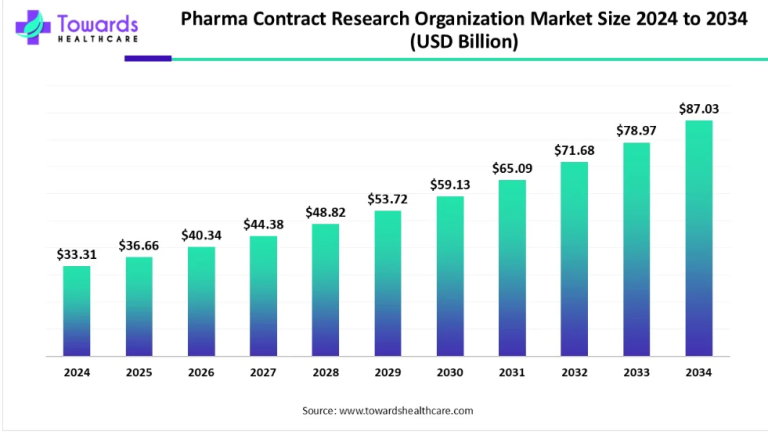
Alzheimer’s disease is a progressive neurodegenerative disorder characterized by cognitive decline, memory loss, and impairment of daily functioning. As the population ages, the prevalence of Alzheimer’s continues to rise, making it a significant public health concern. While there is currently no cure for Alzheimer’s, several FDA-approved drugs aim to alleviate symptoms and slow disease progression.
1. Adlarity (donepezil hydrochloride)
Approval Date and Mechanism of Action
Adlarity, approved by the FDA in March 2022, is a cholinesterase inhibitor used to treat severe Alzheimer’s disease. It works by increasing the levels of acetylcholine, a neurotransmitter involved in cognitive function, in the brain.
Administration and Dosage
Unlike traditional oral medications, Adlarity is applied once a week on the skin via a patch. This delivery method provides a steady dose of the medication over time, enhancing its efficacy.
For any queries feel free to reach us @ https://www.towardshealthcare.com/personalized-scope/5130
Efficacy and Side Effects
Clinical trials have demonstrated the efficacy of Adlarity in improving cognitive function and slowing disease progression in Alzheimer’s patients. Common side effects may include nausea, diarrhea, and headache.
2. Aduhelm (aducanumab)
Approval Date and Mechanism of Action
Aduhelm, approved by the FDA in June 2021, targets the buildup of amyloid beta (Aβ) plaques in the brain, which are believed to contribute to Alzheimer’s disease progression. It is the first drug approved to target the underlying pathology of the disease.
Controversy Surrounding Approval
The approval of Aduhelm sparked controversy due to limited evidence supporting its efficacy and concerns about its high cost and potential side effects.
Administration and Dosage
Aduhelm is administered via intravenous infusion once a month, requiring regular visits to healthcare facilities. The dosage is based on the patient’s weight.
Efficacy and Side Effects
Clinical trials have shown mixed results regarding the efficacy of Aduhelm in slowing cognitive decline. Common side effects may include ARIA (amyloid-related imaging abnormalities) and infusion-related reactions.
3. Leqembi (lecanemab)
Approval Date and Mechanism of Action
Leqembi, approved by the FDA in January 2023, targets the buildup of amyloid beta plaques in the brain, similar to Aduhelm. By reducing plaque formation, Leqembi aims to slow down the decline in cognitive function associated with Alzheimer’s disease.
Administration and Dosage
Leqembi is administered via intravenous infusion, similar to Aduhelm. The dosage regimen may vary based on the patient’s age, weight, and disease severity.
Efficacy and Side Effects
Clinical trials have shown promising results regarding the efficacy of Leqembi in slowing cognitive decline in Alzheimer’s patients. Common side effects may include infusion-related reactions and headaches.
Comparison of the Three Drugs
In comparing Adlarity, Aduhelm, and Leqembi, it’s essential to consider their effectiveness, side effects, cost, and accessibility. While all three drugs target the underlying pathology of Alzheimer’s disease, they differ in their administration, dosage, and associated risks.
Adlarity offers the convenience of once-weekly patch administration but may cause gastrointestinal side effects. Aduhelm targets amyloid beta plaques directly but comes with a high cost and the risk of ARIA. Leqembi, while promising, requires regular intravenous infusions and may lead to infusion-related reactions.
Future Prospects in Alzheimer’s Treatment
As research in Alzheimer’s disease continues to advance, new therapeutic targets and treatment modalities are being explored. From gene therapy to immunotherapy, the future of Alzheimer’s treatment holds promise for more effective and targeted interventions.
FDA-approved drugs play a crucial role in the management of Alzheimer’s disease, offering symptomatic relief and potentially slowing disease progression. While Adlarity, Aduhelm, and Leqembi target the underlying pathology of Alzheimer’s, they vary in their administration, efficacy, and side effect profiles. With ongoing research and development, the landscape of Alzheimer’s treatment is poised to evolve, offering hope for improved outcomes for patients and their families.
Unlock Infinite Advantages: Subscribe to Annual Membership
To own our full research study instantly, Click here@ https://www.towardshealthcare.com/price/5130
To read more about Alzheimer’s Therapeutics Market:



